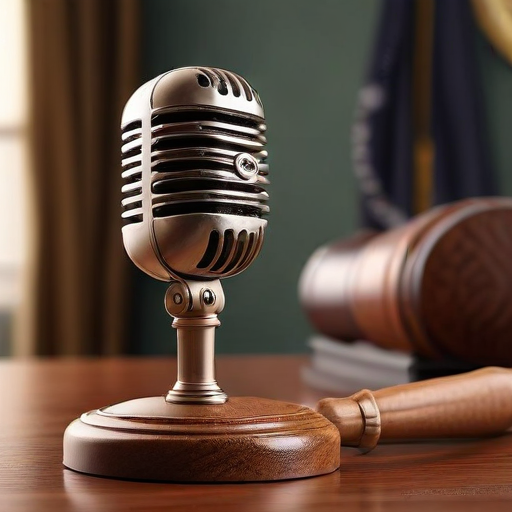President-elect Donald Trump has announced the appointment of Republican Brendan Carr as the new leader of the Federal Communications Commission (FCC). Trump praised Carr as a “warrior for Free Speech” and highlighted his commitment to countering what he describes as regulatory overreach that impedes American freedom and entrepreneurship.
Carr expressed his gratitude for the opportunity to serve as FCC chairman, stating on social media platform X, “We must dismantle the censorship cartel and restore free speech rights for everyday Americans.” He has been a vocal critic of major tech companies, specifically calling out Facebook, Google, and Apple for their roles in what he refers to as a “censorship cartel.”
Currently a commissioner at the FCC, Carr has significant experience in the independent agency responsible for regulating U.S. communications. He has previously served as the commission’s general counsel and has been confirmed unanimously by the Senate on three separate occasions. Although the commission has a Democratic majority until next year, Carr’s influence is expected to grow as Trump will have the opportunity to appoint a new member soon.
Carr has developed a close alliance with Elon Musk, who has been a notable supporter of Trump. This partnership may be beneficial for Musk’s Starlink satellite internet service, which has previously faced funding challenges from the FCC. Despite past setbacks, Carr has vocally supported Musk, expressing concerns about regulatory decisions against the billionaire’s ventures.
Additionally, Carr aligns with Trump’s administration’s focus on reducing regulations and holding media outlets accountable for perceived political bias. An advocate for regulating major tech firms, Carr outlines four key objectives for the FCC, including the need to combat the influence of big tech, enhance national security, promote economic growth, and ensure accountability from the commission itself.
As Carr steps into this position, there is hope for a shift in how the FCC addresses issues of free speech and technological regulation, potentially aiding innovation and connectivity for Americans. The coming months will be crucial as Carr navigates the balance of power within the commission and addresses the challenges presented by the evolving landscape of communication technologies.
Overall, Carr’s appointment could signal a transformative period for the FCC, emphasizing a new era focused on deregulating industries that Carr perceives as detrimental to free speech and entrepreneurship while aiming to foster a more accountable and responsive regulatory environment.
